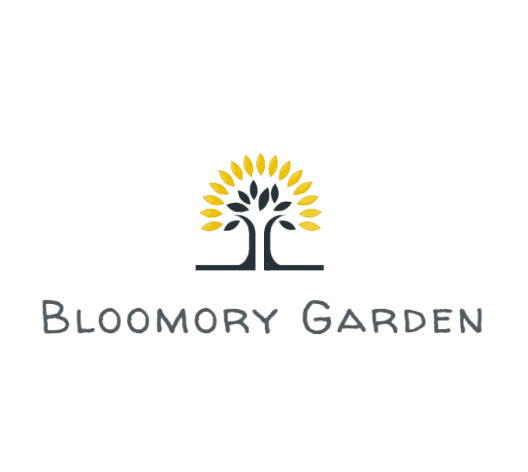
Eco-Friendly Gardening: Sustainable Products and Practices for Americans
Share
Are you looking to make your gardening habits more eco-friendly? Sustainable gardening is not only beneficial for the environment but also for your health. By incorporating sustainable products and practices into your gardening routine, you can reduce your carbon footprint and create a healthier ecosystem for plants and wildlife. Here are some tips to help you get started on your eco-friendly gardening journey.
Choose Native Plants
Native plants are well-adapted to the local climate and soil conditions, making them more resilient to pests and diseases. By planting native species in your garden, you can reduce the need for chemical pesticides and fertilizers, which can be harmful to the environment. Native plants also provide food and shelter for local wildlife, promoting biodiversity in your garden.
Compost Organic Waste
Instead of throwing away your kitchen scraps and yard waste, consider starting a compost pile. Composting organic materials like fruit and vegetable peels, coffee grounds, and grass clippings can help reduce the amount of waste that ends up in landfills. Plus, compost is a nutrient-rich soil amendment that can improve the health of your garden soil naturally.
Use Rain Barrels
Collecting rainwater in barrels is a great way to conserve water and reduce your water bill. Rainwater is free of chlorine and other chemicals found in tap water, making it ideal for watering your garden. By using rain barrels to capture and store rainwater, you can reduce your reliance on municipal water sources and help conserve this precious resource.
Opt for Organic Fertilizers
Traditional chemical fertilizers can leach into the soil and water, causing pollution and harm to beneficial organisms. Instead, choose organic fertilizers made from natural ingredients like compost, manure, and seaweed. Organic fertilizers release nutrients slowly, feeding your plants over time without the risk of chemical runoff.
Practice Integrated Pest Management
Integrated Pest Management (IPM) is a holistic approach to pest control that focuses on prevention and using environmentally friendly methods to manage pests. By encouraging natural predators, using physical barriers, and rotating crops, you can reduce the need for chemical pesticides in your garden. IPM helps maintain a healthy balance between pests and beneficial insects, promoting a thriving garden ecosystem.
By following these eco-friendly gardening tips and incorporating sustainable products and practices into your routine, you can create a beautiful and environmentally friendly garden that benefits both you and the planet. Start making small changes today to make a big impact on the health of your garden and the world around you.
